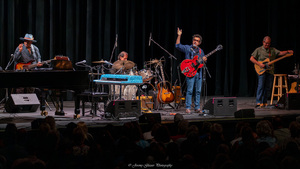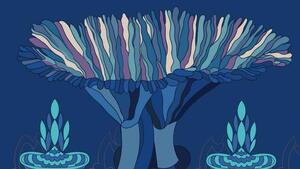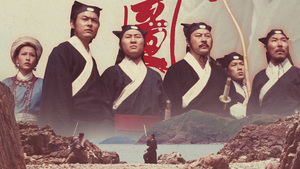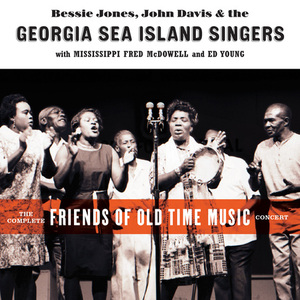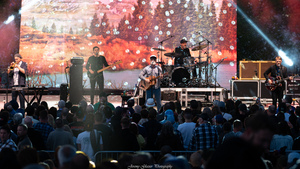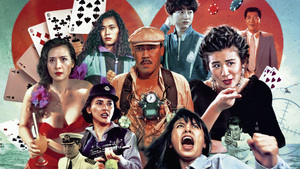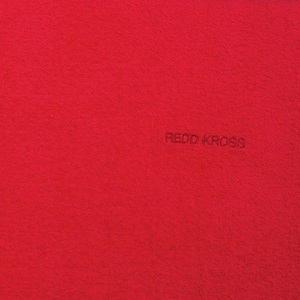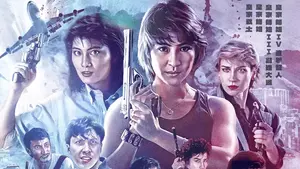9 Parts of Desire
9 Parts of Desire
By Heather Raffo
Directed by John DiDonna
Empty Spaces Theatre Company at The Orlando Shakespeare Theater
Orlando, FL</strong>
After attending this intimate look at Iraqi life from the female viewpoint, my first thought was “These people are SO screwed.” After a lifetime of Saddam Hussein’s campaign to murder anyone with half a brain, the US Army arrived to liberate Iraq with carpet bombing and Hellfire missiles. There’s not much left, except a fierce nationalism that transcends whoever is in charge and traces back 200 generation to the invention of the wheel, the city and writing. Tonight eight women reveal various facets of their reality in the opening years of the 21st century, and their stories ranged from the gripping to the heart breaking with small slivers of hope occasionally flashing in the rubble. Surrounding these human, loving, caring figures is a spirit of the country Mullaya (Suleiman). She announces “without the river, we would not be here” and every morning she cast about for worn and abandoned shoes. She takes these symbols of humiliation and throws them in the Euphrates River which washes them down to and thought the Garden of Eden. This purgative has yet to cleanse Iraq’s illness, but she will try until she succeeds.
So what is there to do when you are daily subject to random acts of humiliation and death? Carry on, as does the Doctor (Marcie Schwalm.) She struggles to save people when the hospital has no drugs and sewerage backing up into the wards. The anencephalic babies and 8 year olds with breast cancer are just the dressing on her cake. Amal (Olivia Horn) claims she’s fat, but it’s hard to tell under the robes. She’s seeking love and a family but her sexually repressed first husband cheated on her, and her new lover refused to see her a second time, never mind making her his second wife. Alcoholic Huda (Mikki Scanlon Kriekard) constantly flees revolutions and marches ineffectually to end whatever war grabs the headlines, while Umm Ghada (Stasha Boyd) jealously guards a bomb shelter that was no match for a bunker busting bomb. Artist Layal (Leesa Halstead) dares to paint nude figures and open have affairs, but she has found some favor from the regime, and that’s the only difference between her and the women raped beheaded and labeled prostitutes – the rule of law is the oriental will of the king, and there is no recourse.
Presented as a loosely connected series of monologs, the women pace the floor to speak and retreat to the shadows when others talk. Only Mullaya violates this rule of stagecraft, she hovers over the speakers like a guardian angel, but one who cannot deflect the blows of chance and self-expression. What surprised me was the field of action these women found in front of them. Head scarves and concealing dress seemed more a quaint regional fashion than a repressive requirement, and the taking and leaving of partners about as easy as in the west. The feelings and reactions seemed completely natural and transcend borders, but the issue of “how to fix this train wreck?” is a blank. In the face of a total breakdown of civilization, Nanna (Heather Godwin) did what everyone eventual falls to – looting the dead, and selling the good stuff on the street. Maybe in a few decades things might look up, but in the meantime those who can leave have created a Diaspora that might eventually challenge that of the Jews.
For more information on Empty Spaces Theater Company, visit http://www.emptyspacestheatre.org</em>


